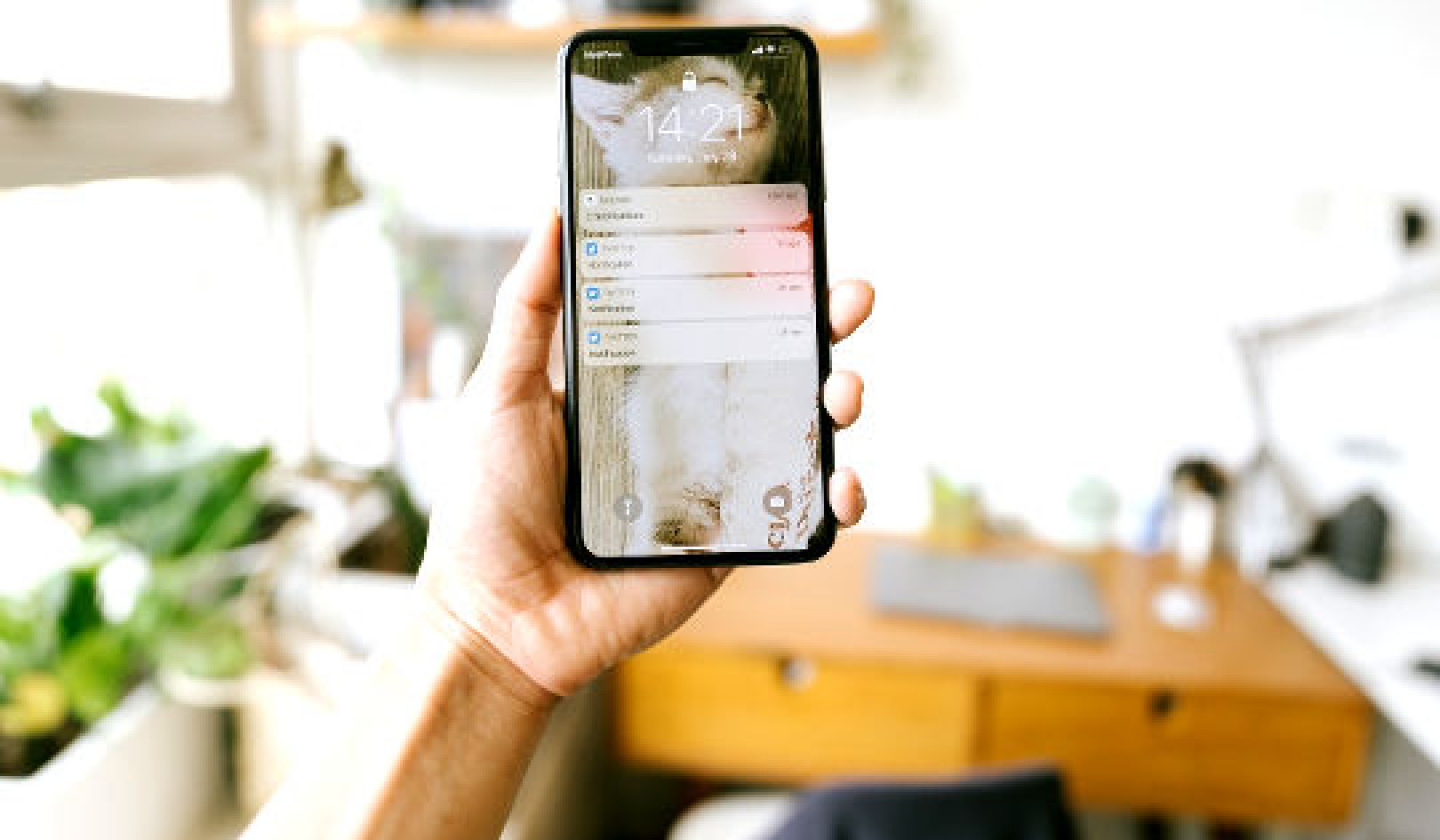 Pregnant with possibilities. Mustafa Omar, CC BY-SA
Pregnant with possibilities. Mustafa Omar, CC BY-SA
As many as one in four women in the UK now give birth by caesarean section, the vast majority of them carried out by choice. The overall number has more than trebled in the last 40 years.
While it is true that birthing outcomes for women and babies have improved over this period, there is no evidence that this is a direct result of the increase in caesareans. While women should be able to choose how they give birth, this is not always clearly presented to them by doctors or midwives. This could undermine the ability of these mothers to choose whichever option is right for them, whether a caesarean or a vaginal birth.
Something like four in five caesareans are planned as opposed to emergency, and many are women who have already given birth the same way in a previous pregnancy. In many hospitals in the UK, this means that the proportion of women who have vaginal births after previously having caesareans is low.
This is despite the fact that vaginal births after caesareans are successful in as many as 76% of cases – in situations when these births are not working out, normally it simply means that the mother needs to give birth by another caesarean instead. So what’s the problem?
Reluctant doctors
The policy and professional guidelines in the UK say that clinicians should involve women in these birthing decisions. Clinicians’ professional bodies recognise that it is safe for most women to have vaginal births after caesareans, yet the quality of information they receive varies, and there is evidence that some clinicians are conservative about supporting women to let nature take its course.
Though many parts of the UK have established “pathways of care” which aim to improve the access and consistency of the information, pregnant women still don’t always receive full and unbiased advice. It has been described as a “fog” of conflicting opinions and advice, based on the clinician’s experience or personal preference rather than scientific evidence.
 ‘Your best option …’ Africa Studio
‘Your best option …’ Africa Studio
This may be the result of obstetricians with less experience in giving the relevant counselling – or who lack the confidence to manage the labour of women who opt for a natural birth, which may be more complicated. Part of the problem is that the prospects for a successful vaginal birth in these circumstances varies from woman to woman, and there is no UK model available that accurately predicts which women are likely to be more successful.
While this exists in other countries, such as the Netherlands, you can’t just cut and paste another national model because women vary from country to country in everything from ethnicity to the state of their health. To ensure that UK women can properly take part in a shared decision-making process, with information that is tailored to them, we therefore need to develop a model based on data collected within the country.
The UK study
 Counting down. Mustafa Omar, CC BY
Counting down. Mustafa Omar, CC BY
I have been involved in a study aimed at identifying predictive characteristics that could inform such a model. We used detailed clinical information for over 1,600 women who had attempted vaginal births after a previous caesarean. This is the largest UK study using consistently detailed data, and also includes about three times more women than any European studies.
In keeping with previous studies, we found that factors that made such women more likely to have a successful vaginal birth included: not being overweight; having previously had a caesarean because the baby was in breech position; or having previously had a vaginal birth as well as a caesarean. Importantly, however, we also found that a previous caesarean in the second stage of labour – when the cervix has completely opened and the woman has started pushing – was strongly associated with a successful vaginal birth for a future pregnancy.
It is hoped that these findings will encourage clinicians to take the evidence into account when offering advice. Our next step is to test the same findings on a larger number of women using data from across Scotland – this first study concentrated on Scottish women from one hospital. In time, this should help develop a clinical tool that will support women to make more informed choices about how they give birth – hopefully making more women confident about their ability to give birth vaginally, if that is what they choose to do.![]()
About The Author
Tracy Humphrey, Dean of Health and Social Care, Edinburgh Napier University
This article is republished from The Conversation under a Creative Commons license. Read the original article.

Related Books:
Here are 5 non-fiction books on parenting that are currently Best Sellers on Amazon.com:The Whole-Brain Child: 12 Revolutionary Strategies to Nurture Your Child's Developing Mind
by Daniel J. Siegel and Tina Payne Bryson
This book provides practical strategies for parents to help their children develop emotional intelligence, self-regulation, and resilience using insights from neuroscience.
Click for more info or to order
No-Drama Discipline: The Whole-Brain Way to Calm the Chaos and Nurture Your Child's Developing Mind
by Daniel J. Siegel and Tina Payne Bryson
The authors of The Whole-Brain Child offer guidance for parents to discipline their children in a way that promotes emotional regulation, problem-solving, and empathy.
Click for more info or to order
How to Talk So Kids Will Listen & Listen So Kids Will Talk
by Adele Faber and Elaine Mazlish
This classic book provides practical communication techniques for parents to connect with their children and foster cooperation and respect.
Click for more info or to order
The Montessori Toddler: A Parent's Guide to Raising a Curious and Responsible Human Being
by Simone Davies
This guide offers insights and strategies for parents to implement Montessori principles at home and foster their toddler's natural curiosity, independence, and love of learning.
Click for more info or to order
Peaceful Parent, Happy Kids: How to Stop Yelling and Start Connecting
by Dr. Laura Markham
This book offers practical guidance for parents to shift their mindset and communication style to foster connection, empathy, and cooperation with their children.






















